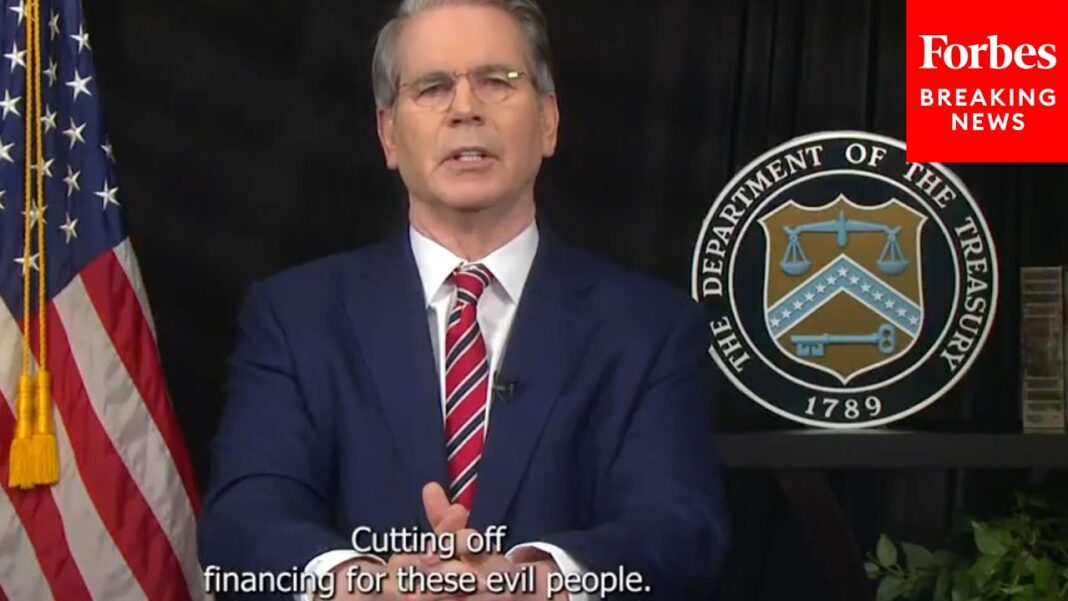The state’s highest court argued that the state governor improperly used his veto power.
The Wisconsin Supreme Court ruled unanimously in favor of the Republican-controlled Legislature on Wednesday over Gov. Tony Evers’s veto powers.
The court on Wednesday struck down the Democratic governor’s partial veto of a Republican-led bill that detailed the plan for spending on new literacy programs designed to improve K–12 students’ reading performance. The state justices argued that he improperly used his veto power over the measure.
In 2023, Evers signed into law a bill that created an early literacy coaching program within the state Department of Public Instruction. The bill also created grants for schools that adopt approved reading curricula to pay for changing their programs and to train teachers on the new practices. However, Republicans put the $50 million to pay for the new initiative in a separate emergency fund controlled by the Legislature’s budget committee.
Evers later issued a partial veto and said that the Legislature lacks the power to withhold the money, arguing that the Wisconsin Supreme Court should step in to release that funding to the state’s education department.
But the court on Wednesday ruled that his partial veto on the non-appropriations bill was unconstitutional and that the Department of Public Instruction (DPI) cannot force the Joint Finance Committee to give it $50 million for literacy programs.
The court also sided with the Legislature and said the budget committee can legally put money into an emergency fund to be distributed later. That is what it has done with the $50 million for the state literacy program.
“The constitution gives the governor authority to veto in part only appropriation bills—not bills that are closely related to appropriation bills,” the court ruled, adding that the “court has no constitutional authority to override the legislature’s choice and appropriate the money to DPI instead.”
The governor, the order added, also “breached his constitutional boundaries” with the veto.
The court also ruled that the Legislature can put money for certain state programs into an emergency fund under the control of its budget committee. Evers had argued that such a move was unconstitutional.







